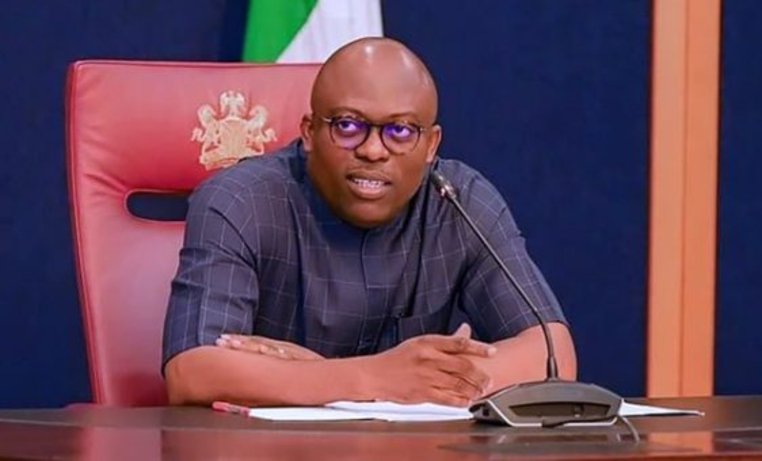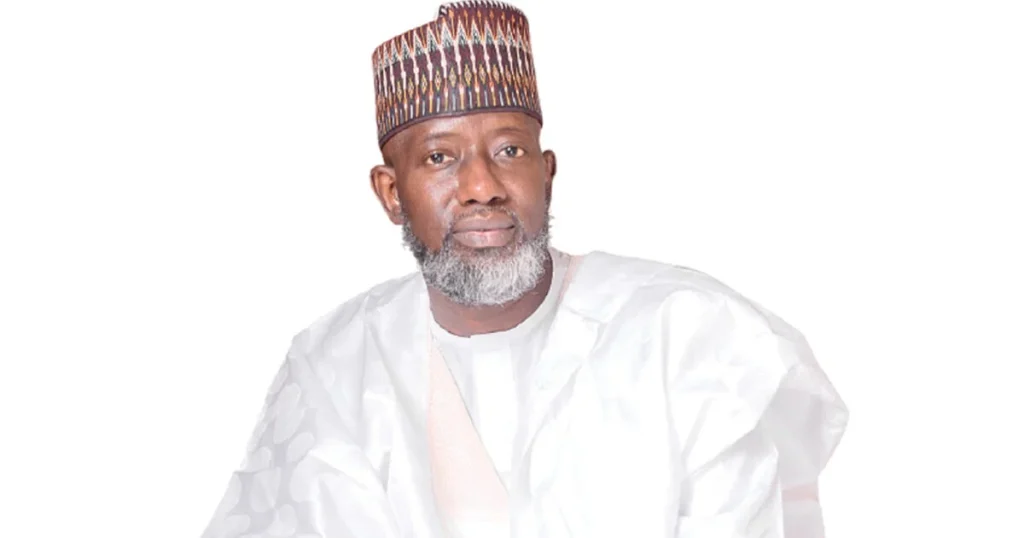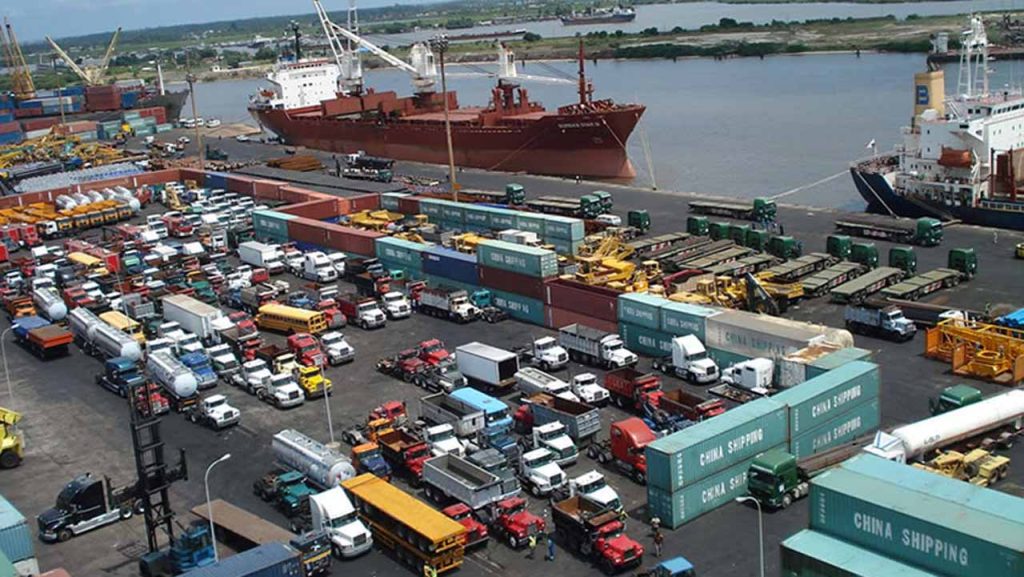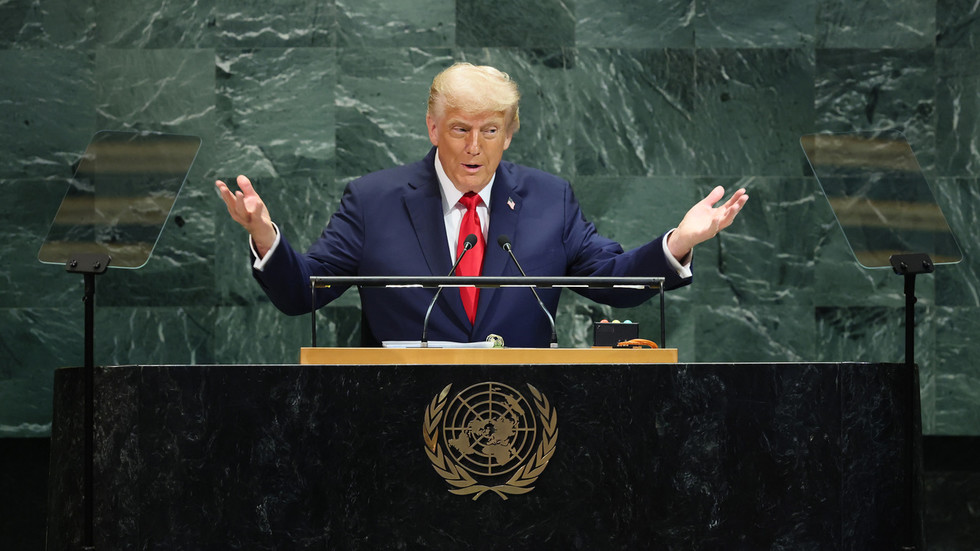UN Peacekeeping Receives Boost in Support Amidst Global Uncertainty
In a significant show of solidarity, a recent United Nations ministerial meeting in Berlin demonstrated broad backing for reformed peacekeeping, despite the numerous challenges facing the organization. The meeting, attended by representatives from 130 UN member states, including 60 at the ministerial level, saw 74 countries pledge financial and other support to strengthen military and police units and other peacekeeping capabilities.
This substantial increase in participating countries and pledges marks a significant shift from previous events, such as the 2023 Ministerial in Ghana, where 91 member states participated, with only 33 pledging contributions. The symbolic importance of these pledges cannot be overstated, as they confirm high-level political support for peacekeeping in the face of rising global threats.
The UN’s peacekeeping missions have faced numerous challenges, including inconsistent support from the UN Security Council, host nations, and regional actors. The recent US plan to reduce funding has exacerbated the UN’s preexisting funding crunch, stemming from an overreliance on US funding. According to Daniel Forti, Senior UN Analyst for the International Crisis Group, "US officials emphasize long-standing priorities for peacekeeping reform, such as performance, efficiency, and accountability, while their diplomats at the UN partake in discussions about mission mandate renewals and budget negotiations."
However, the US did not issue any pledges at the Berlin summit, a decision that was deemed unusual but not unexpected. Forti noted that "parts of the current administration appear to dismiss UN peacekeeping in its entirety." This dissonance highlights the need for consistent and committed support for peacekeeping reform.
The Berlin meeting reinforced the vital need for reform, with Germany’s Foreign Affairs Minister Johann Wadephul emphasizing that peacekeeping should "adapt to a changing international environment." The 2024 Pact for the Future and a recent Global Alliance for Peace Operations report have also underscored the need for reform, without losing the essential features that ensured peacekeeping’s past effectiveness.
As UN Secretary-General António Guterres emphasized, "Peace operations cannot succeed without a political solution." The outcomes of the Ministerial will feed into the review of UN peace operations planned for 2025 and 2026. However, the main challenge remains converting broad political support into tangible diplomatic actions and policies. As ICG head Comfort Ero noted, "It is unclear whether member states have figured out how the UN can adapt its peacekeeping and peacemaking efforts to address today’s unsettled political and security environment."
Ultimately, the reform of peace operations requires a broad coalition involving UN member states, regional actors, and civil society. The UN must seize this moment to reform peacekeeping, ensuring that it remains a relevant and effective tool for addressing global conflicts and promoting peace and stability.



